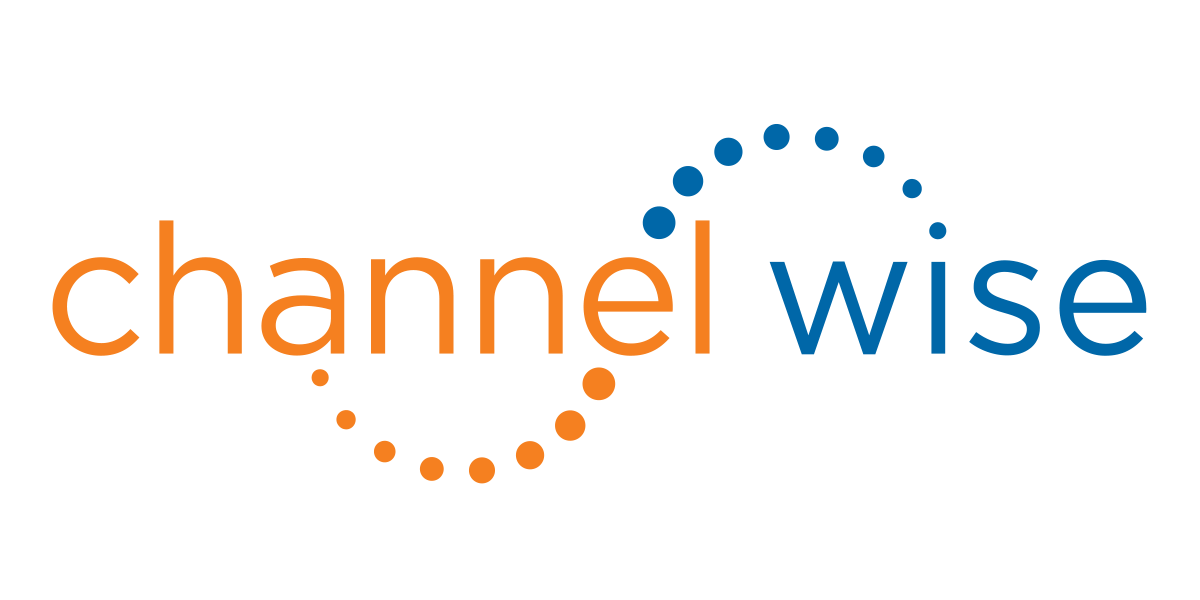How to Prepare for the Future of Work by Connie Steele
Click here to watch the replay:

A massive shift is happening in the workplace today, and it’s not just because of new technology. In this Ask the Expert episode, Kathryn Rose, CEO & Founder of channelwise, interviewed Connie Steele, a channelWise and a Future of Work expert. Connie’s insights will help people better understand the concepts of the Future and the New World of Work, how they impact us, and what we can do to prepare for them.
Highlights:
- The Future of Work is the future of work AND life.
- The new world of work is a shift from a rigid and conformist workplace to a more collaborative, agile, and multi-dimensional one.
- Business owners can leverage the Future of Work by tapping into their employees' diverse skills and interests.
What are the different dimensions of the term "future of work"?
The term "future of work" has multiple dimensions, including the work done, the workplace environment, and the workforce itself. It has historically been associated with using technology for greater efficiency and productivity, but it also includes embracing diversity in people's backgrounds, experiences, interests, perspectives, and approaches. Additionally, the future of work is intertwined with the future of life, as individuals need to feel professionally and personally successful.
Are the terms "new world of work" and "future of work" interchangeable or separate?
The terms "new world of work" and "future of work" are not separate; the former reflects where the latter is going.
The new world of work is evolving from a more siloed and conformist work environment to a more collaborative, broad, and multi-dimensional one, emphasizing individual agency and integration of personal identity. There is a shift towards greater convergence, where people want more flexibility, control, and optionality in their work.
What is the new world of work, and how does it differ from traditional career development progression?
The new world of work is an evolving work environment that values breadth over depth in career development. The next generation of workers seeks organizations that embrace their skills, abilities, and aspirations. The traditional perspective of career development progression is based on a linear and sequential advancement in one area or lane, whereas the new world of work enables people to explore and integrate different areas and interests. Technology plays a role in enabling the level of discovery and mastery that this generation seeks, and they are finding ways to bring their different facets and interests together.
How can small businesses balance specialization with the desire for multidimensional employees?
It is easier for smaller businesses to tap into the desire for breadth in employees because they often need employees to wear multiple hats and have a limited budget. They can leverage employees' creativity and personal experience to co-create and generate ideas.
It is important for employers and leaders to know their employees personally and understand their interests, not just what they do for the business, to bring those passions together and create engaged employees. This way, the employer can create a learning environment that brings out the employees' diverse talents and passion, which can drive growth and development.
How can leaders in large enterprises integrate ideas and engage with their teams in the new world of work?
It comes down to understanding the voice of the workforce. Just like understanding the voice of customers is essential for building successful products and services, leaders need to understand their employees' values, goals, and motivations to determine the right fit and how to optimize against it. Leaders should do a gap analysis to identify what their employees say, what's working, what's not, and why. They should co-create solutions with their employees, try them out, and iterate as the world of work is constantly in motion.
How can leaders develop a mindset to incorporate new ideas into the workplace and make time for them?
To incorporate new ideas into the workplace and create a more agile business, leaders need to develop a mindset that embraces failure as a learning opportunity and makes it psychologically safe for employees to suggest and try new ideas. This can involve creating a culture of experimentation and iteration and making it clear that it's okay to fail as long as the team is learning from those failures. This shift in mindset can help leaders make time for incorporating new ideas and adapting to the pace of change in the new world of work.
How does one prepare themselves and future-proof their next move in the face of downsizing and job loss?
One can prepare themselves by understanding where they deliver the most value, not just in their current role but also in their approach to work. They should also be clear on what they want in life, and what success looks like for them professionally and personally.
By introspection, they can see how their experiences can enable them to achieve their goals and fulfill their core aspects. This will help them build a roadmap for their next move and define their unique value.
How to future-proof your next move after losing or fearing job loss?
Individuals should be clear on what they want and reflect on what success looks like for them professionally and personally. They should understand how their personal and professional experiences can enable them to achieve their goals and build a roadmap for their next move. They should also focus on finding a meaningful fit in an organization, which involves more than just checking the boxes for experience and skills.
What final thoughts do you want our audience to take away from this discussion?
The new normal is continually in flux, and people are redefining their relationship with work and the definition of success.
It is essential to find a broader fit and be open to testing and learning to reach one's potential and deliver the best work for the organization's growth and goals.
Sustainable happiness, fit, and performance are crucial for individuals in the changing work landscape.
For more advice about leadership and the Future of Work for your business, visit Connie's profile on channelwise.
Check out channelwise.com for more experts to help you with your business or career.
Note: Transcript is edited for time and clarity. Originally published on LinkedIn.
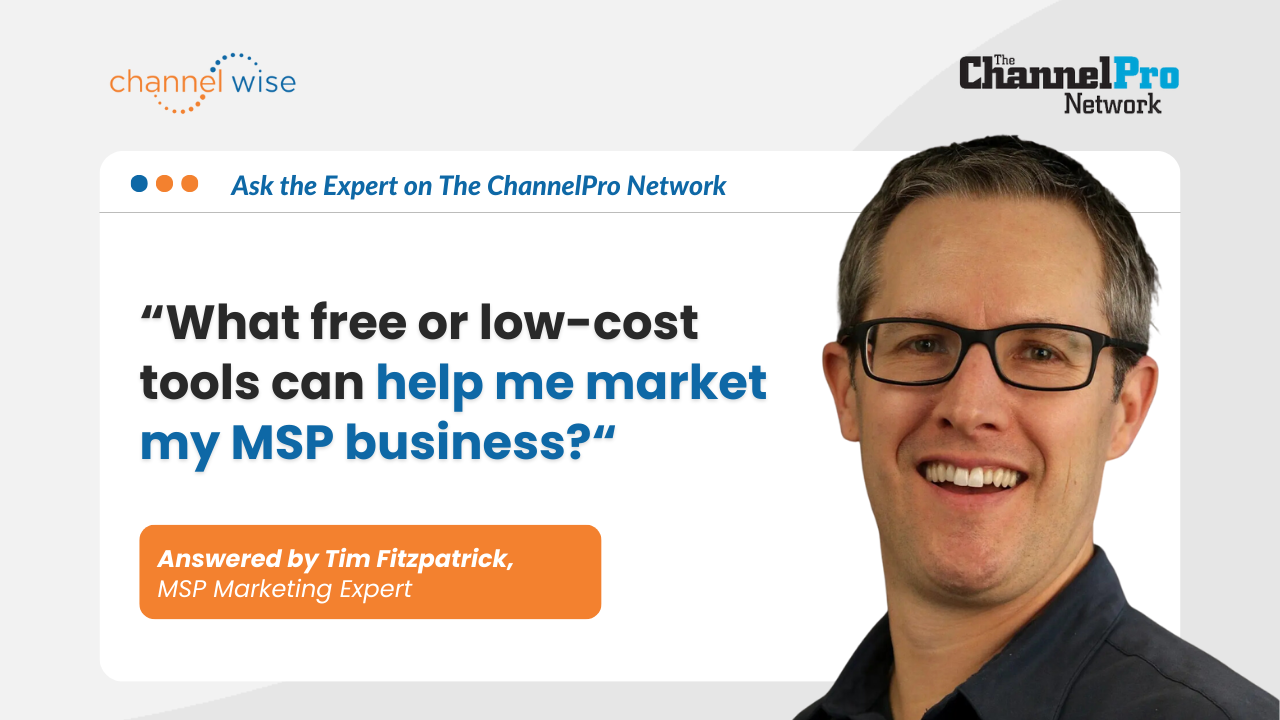
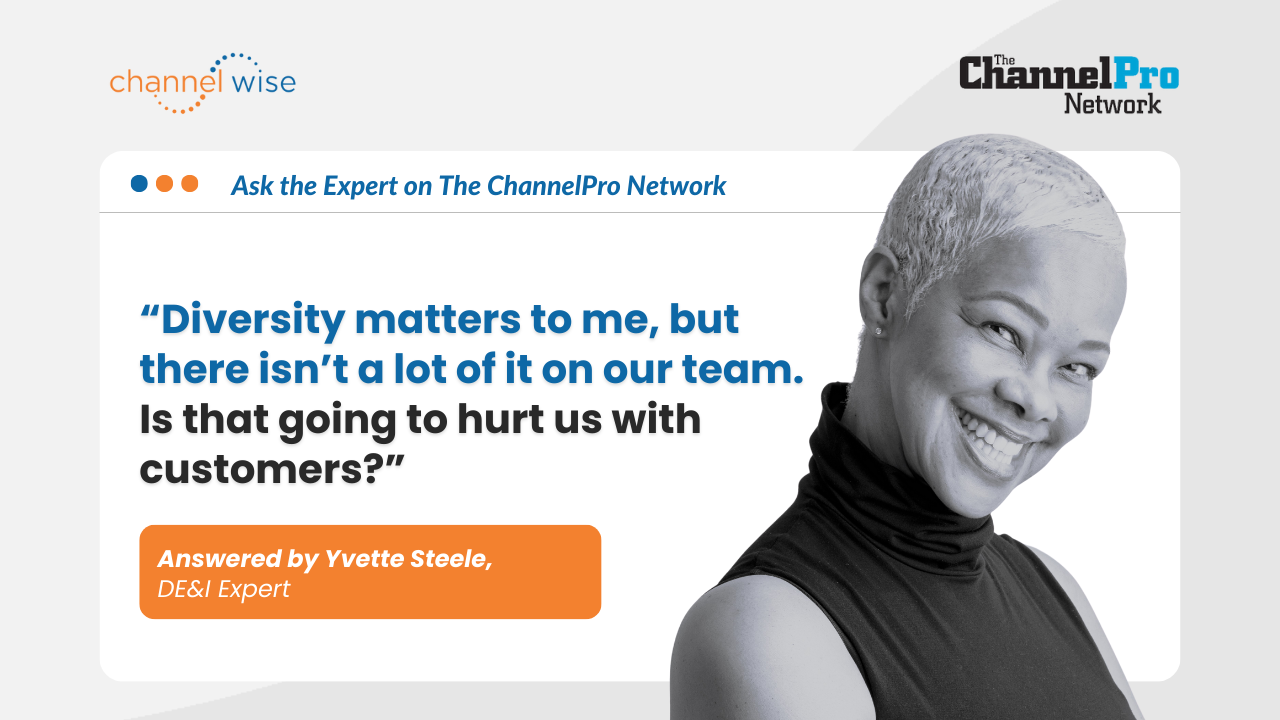
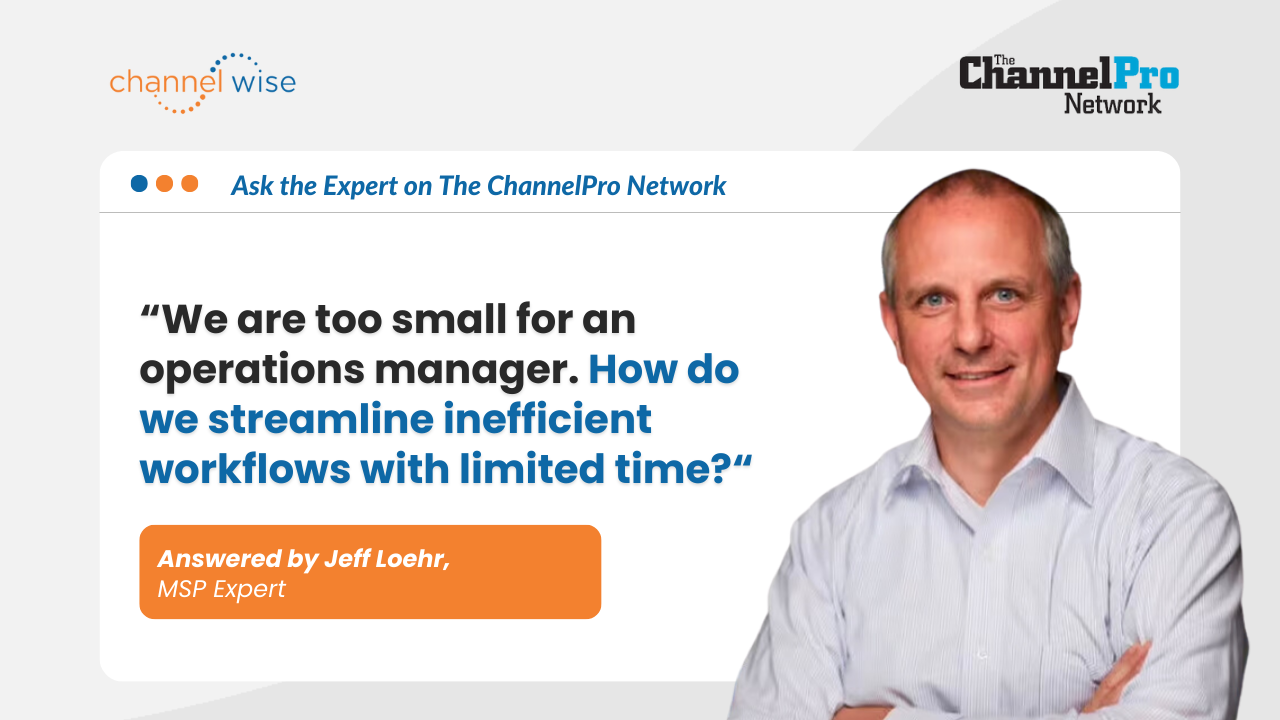
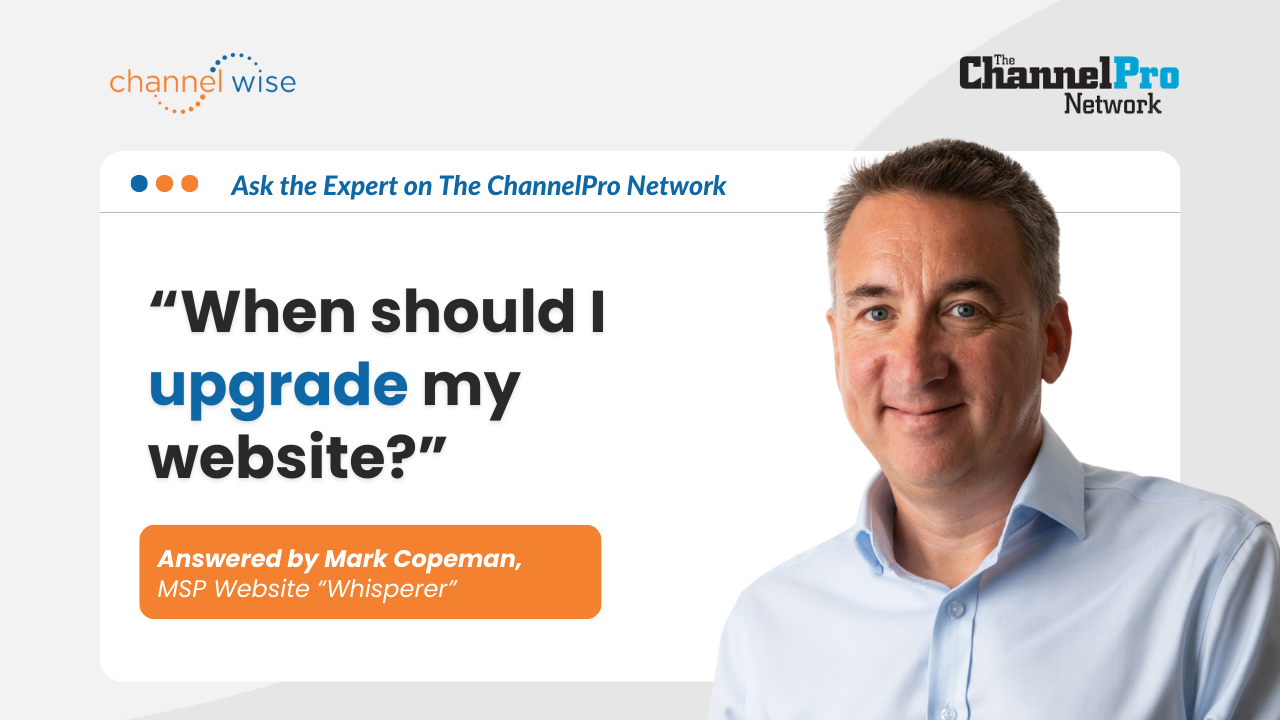

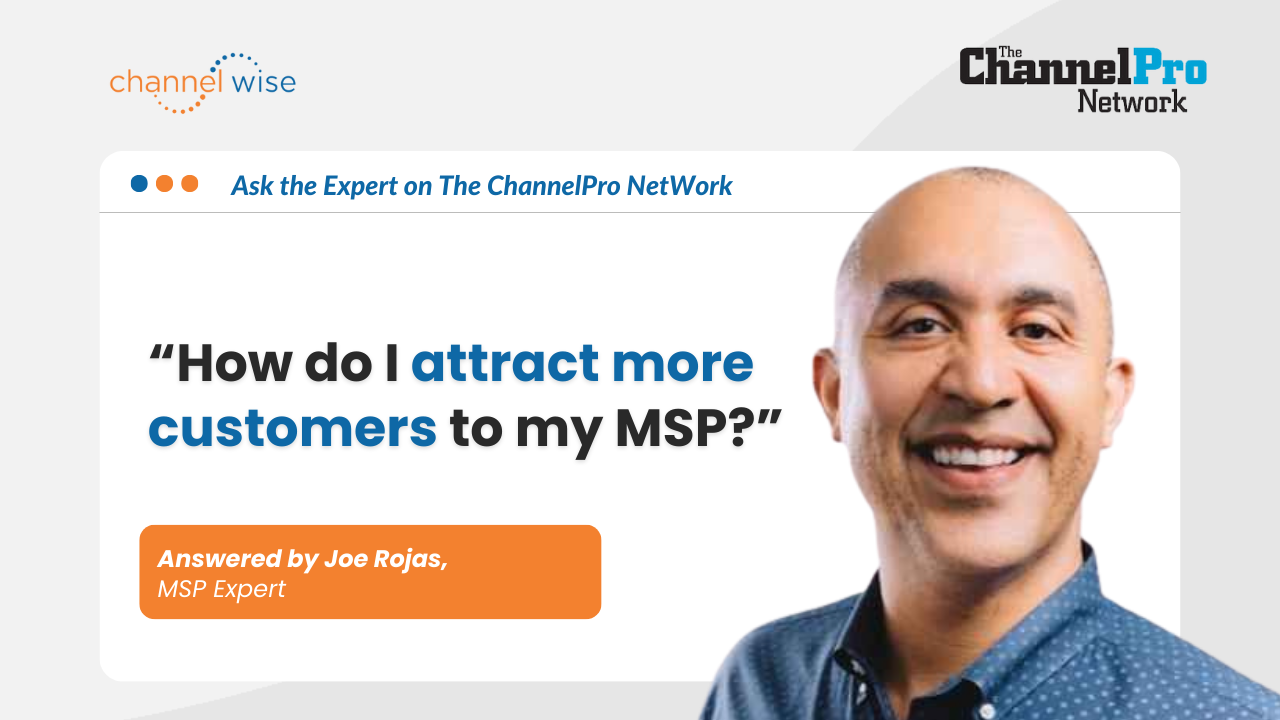

Contact Us
All Rights Reserved | wiseHer, Inc. d/b/a channelWise
